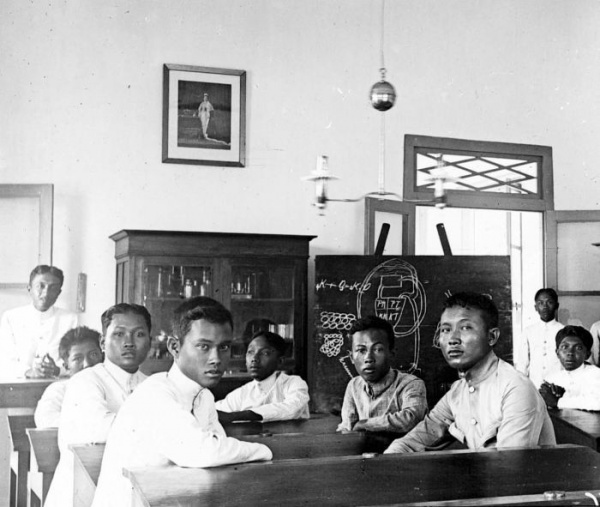Facts About Indonesian National Awakening
The Indonesian National Awakening marks a pivotal chapter in the early 20th century, when people across the Indonesian archipelago began to recognize themselves collectively as "Indonesians" for the first time. This newfound sense of national identity was stimulated by several factors, including Dutch colonization, the rise of new organizations and leaders, and the Dutch Ethical Policy that promoted education.
Influential figures like Kartini, Tirto, and Semaun were instrumental in cultivating the idea of a unified Indonesian identity. Despite facing severe repression from Dutch colonial authorities, who curtailed freedoms of speech and assembly, a determined group of individuals persevered in their efforts toward independence and self-governance.
The emphasis on education during the Ethical Policy period gave rise to an educated Indonesian elite, who began to articulate anti-colonial sentiments and nurture a growing sense of national consciousness. Political organizations such as Budi Utomo, Indische Partij, and Sarekat Islam played crucial roles in mobilizing Indonesians against Dutch domination.
Although the Dutch government attempted to suppress Indonesian nationalism by arresting leaders like Sukarno, the drive for independence persisted. World War II and the Japanese occupation of the Dutch East Indies became pivotal moments in Indonesia's struggle for freedom.
After Japan's surrender, the Dutch tried to reassert control, but Indonesian nationalists, bolstered by some support from the British, resisted steadfastly. This resistance culminated in the historic proclamation of Indonesian independence on August 17, 1945. The Indonesian National Awakening laid the essential groundwork for the country's eventual independence and the birth of modern Indonesia.

 Timor Leste
Timor Leste